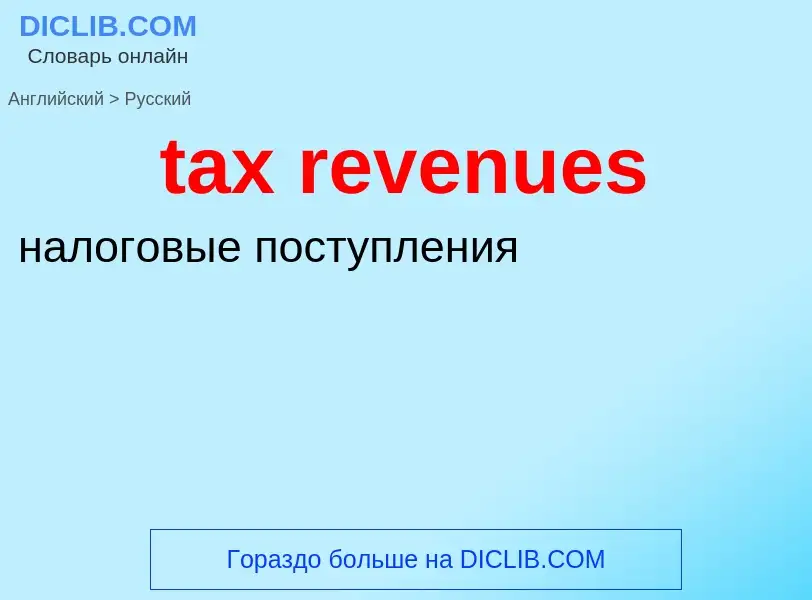Перевод и анализ слов искусственным интеллектом ChatGPT
На этой странице Вы можете получить подробный анализ слова или словосочетания, произведенный с помощью лучшей на сегодняшний день технологии искусственного интеллекта:
- как употребляется слово
- частота употребления
- используется оно чаще в устной или письменной речи
- варианты перевода слова
- примеры употребления (несколько фраз с переводом)
- этимология
tax revenues - перевод на русский
['sintæks]
разговорное выражение
налог «на пороки» (на табак, алкогольные напитки, азартные игры и т. п.)
собирательное выражение
налог на табак, алкогольные напитки, азартные игры и т. п.
подушный налог с иммигрантов
['pəultæks]
общая лексика
подушный налог (взимается со всех взрослых в доме, квартире и т.п.; размер налога данного города или района определяется местными органами власти [local authority]; заменил местный налог [rates] в 1989 в Шотландии, в 1990 в Англии и Уэльсе; в 1993 в свою очередь заменён муниципальным налогом [council tax]; официально называется районным налогом [community charge])
подушный налог
['hedtæks]
общая лексика
подушный налог
Википедия

Tax revenue is the income that is collected by governments through taxation. Taxation is the primary source of government revenue. Revenue may be extracted from sources such as individuals, public enterprises, trade, royalties on natural resources and/or foreign aid. An inefficient collection of taxes is greater in countries characterized by poverty, a large agricultural sector and large amounts of foreign aid.
Just as there are different types of tax, the form in which tax revenue is collected also differs; furthermore, the agency that collects the tax may not be part of central government, but may be a third party licensed to collect tax which they themselves will use. For example, in the UK, the Driver and Vehicle Licensing Agency (DVLA) collects vehicle excise duty, which is then passed onto HM Treasury.
Tax revenues on purchases come in two forms: "tax" itself is a percentage of the price added to the purchase (such as sales tax in U.S. states, or VAT in the UK), while "duties" are a fixed amount added to the purchase price (e.g., for cigarettes). In order to calculate the total tax raised from these sales, we must work out the effective tax rate multiplied by the quantity supplied.


